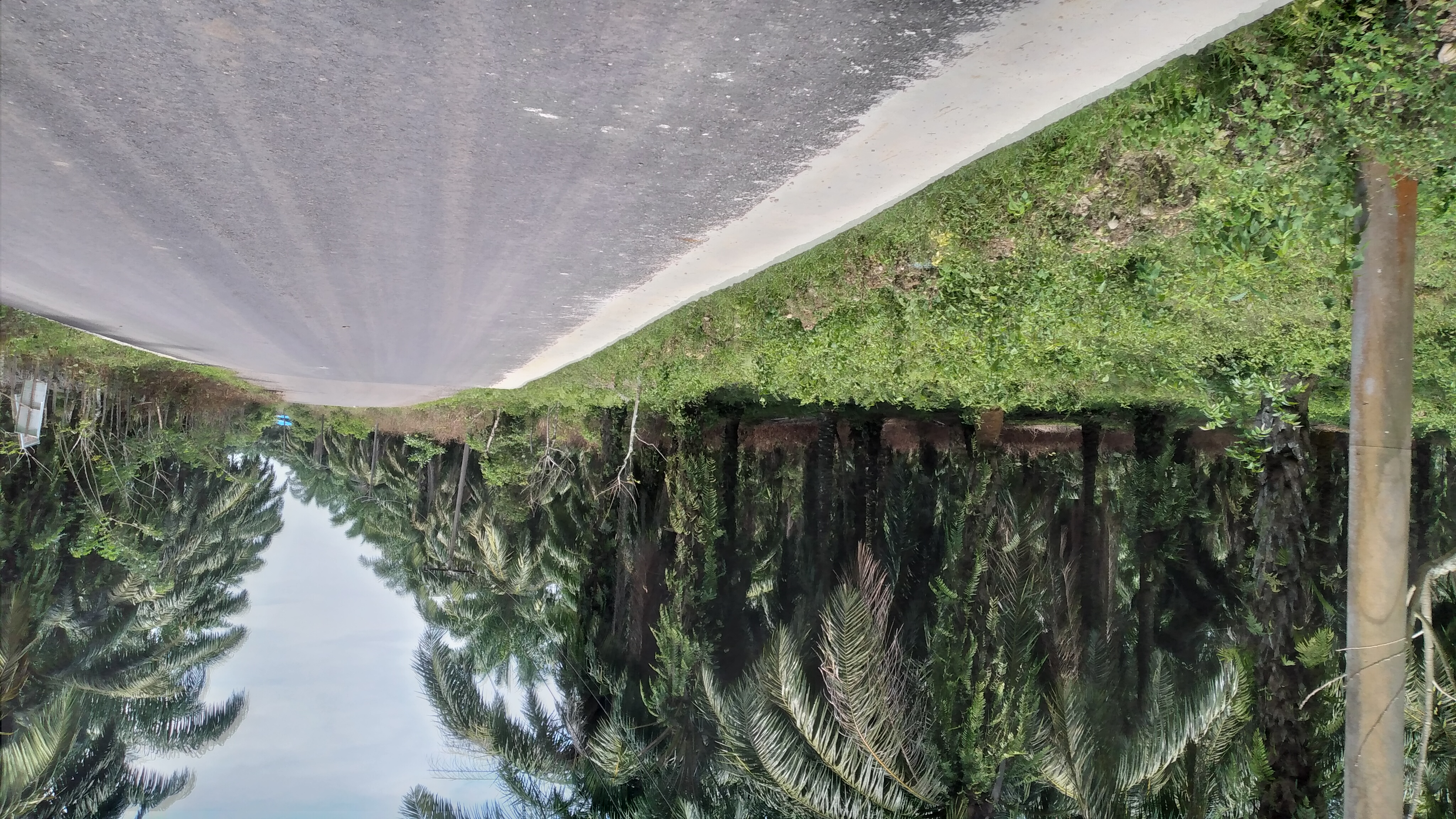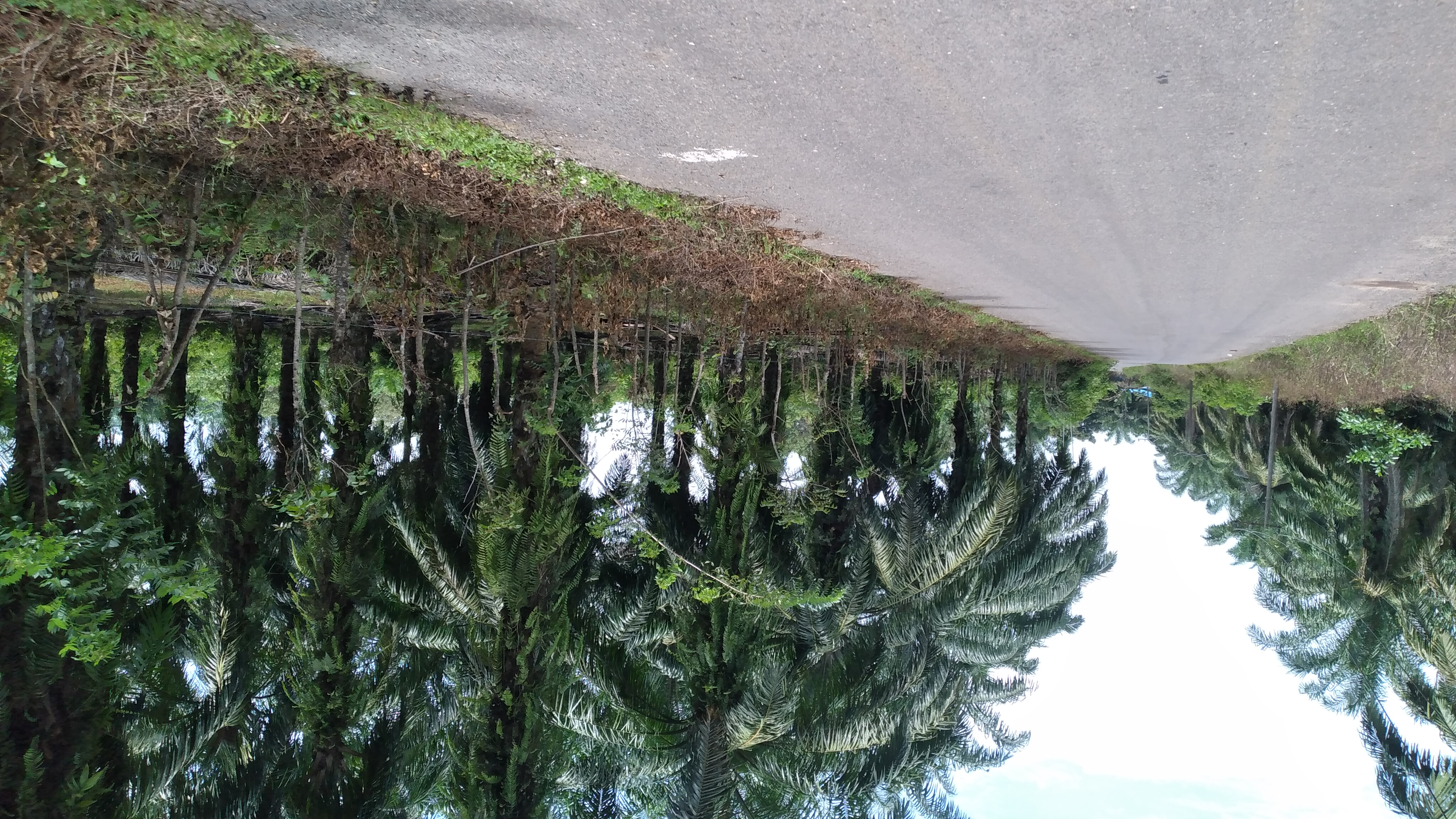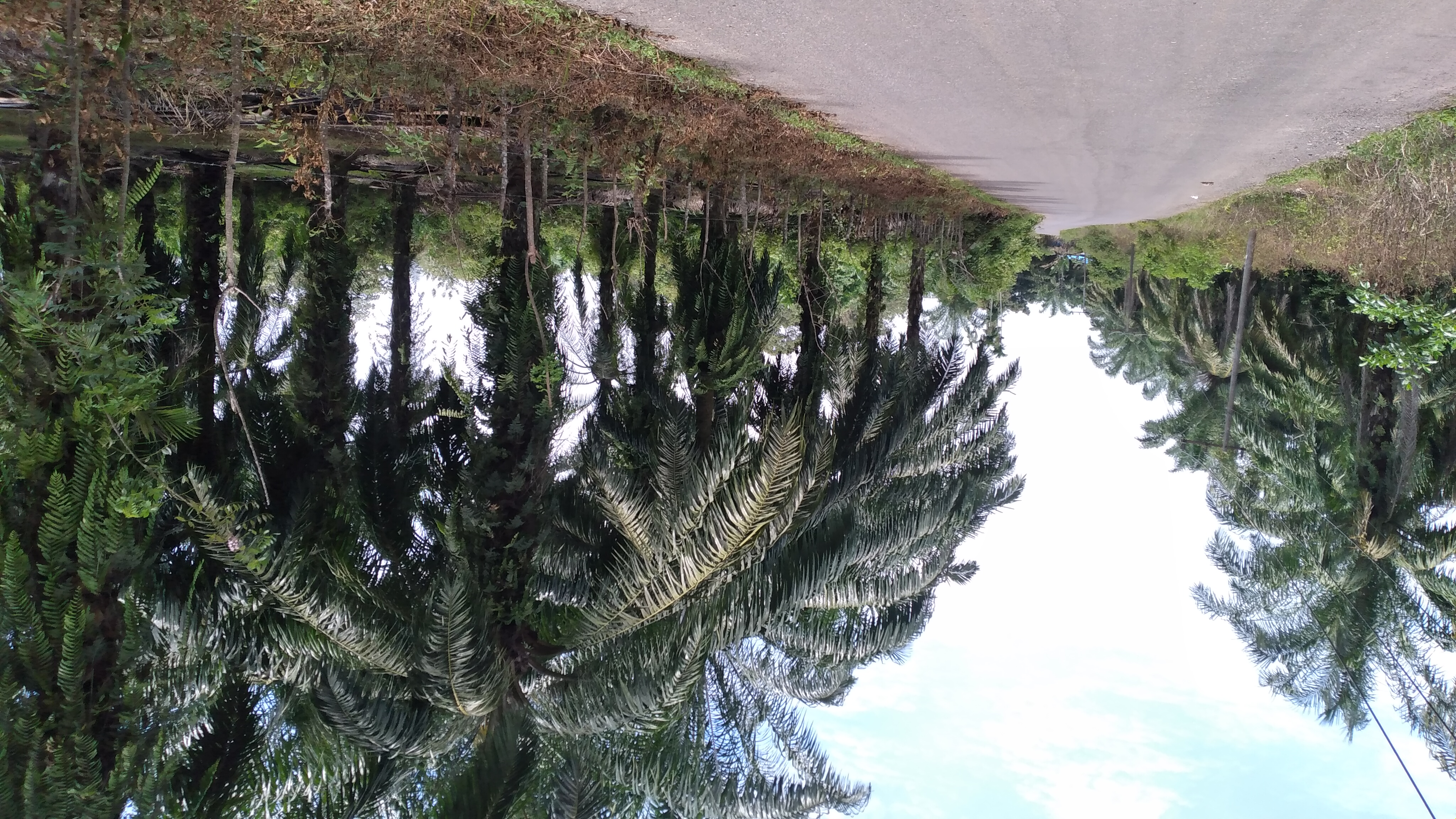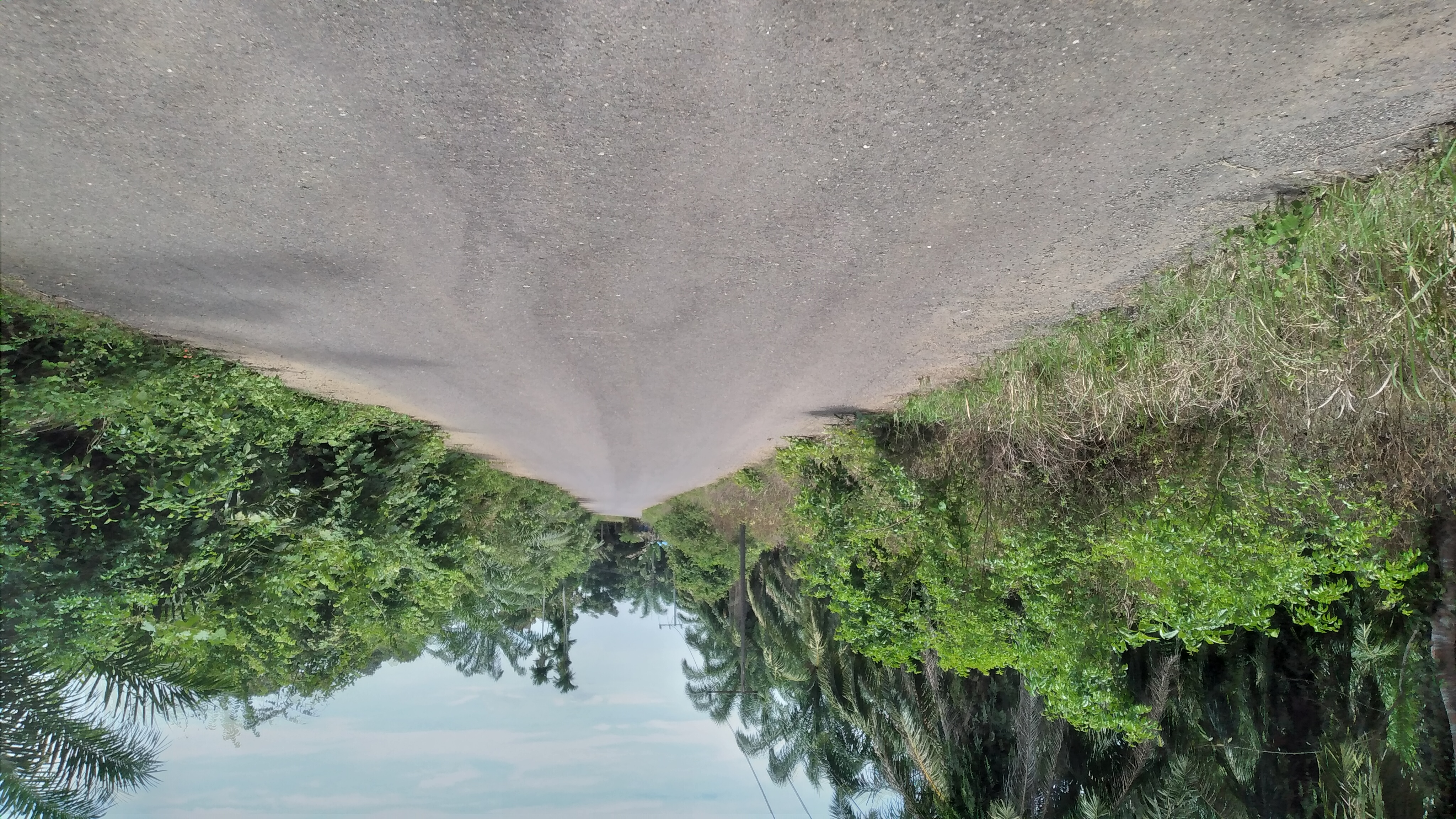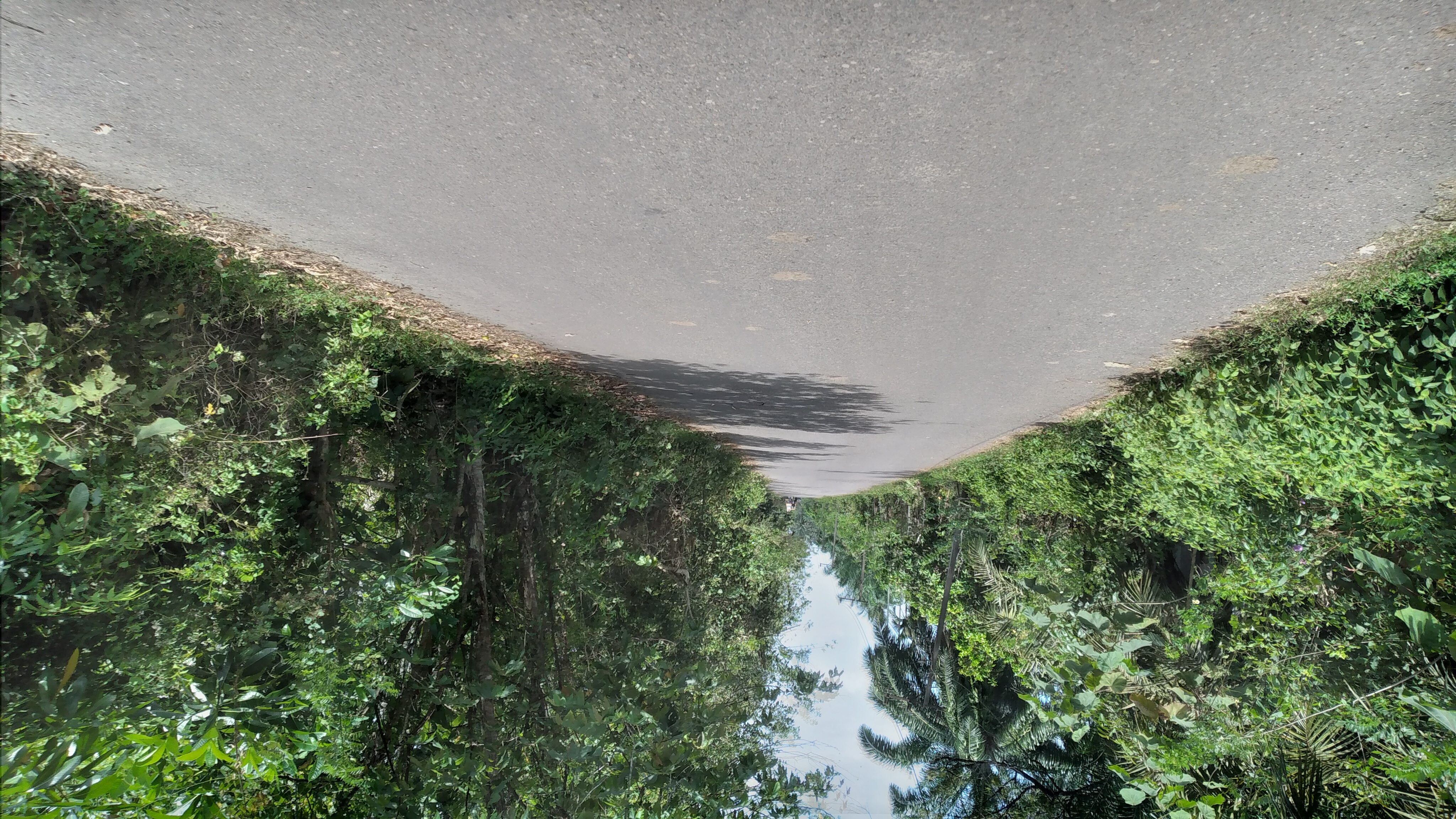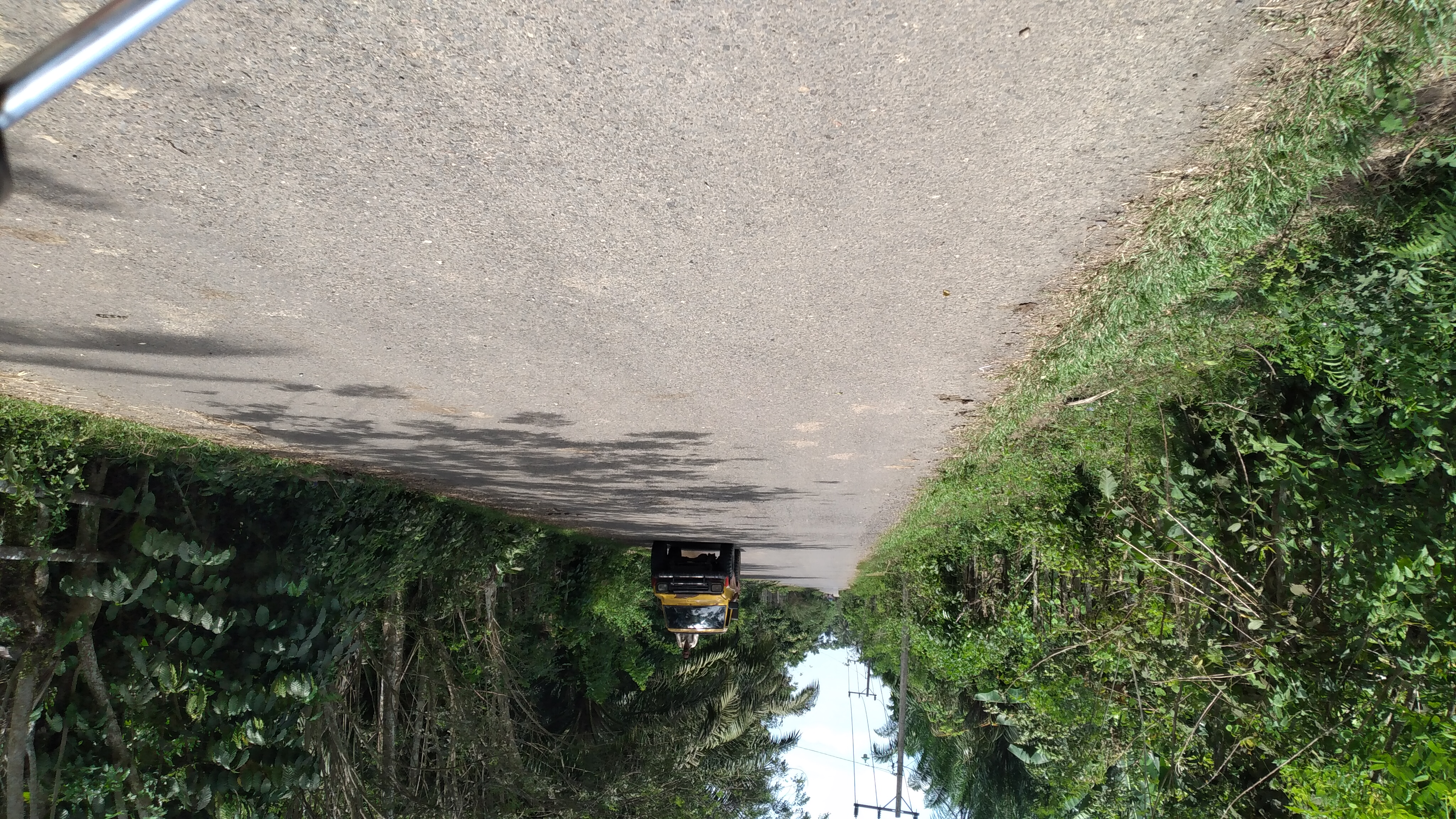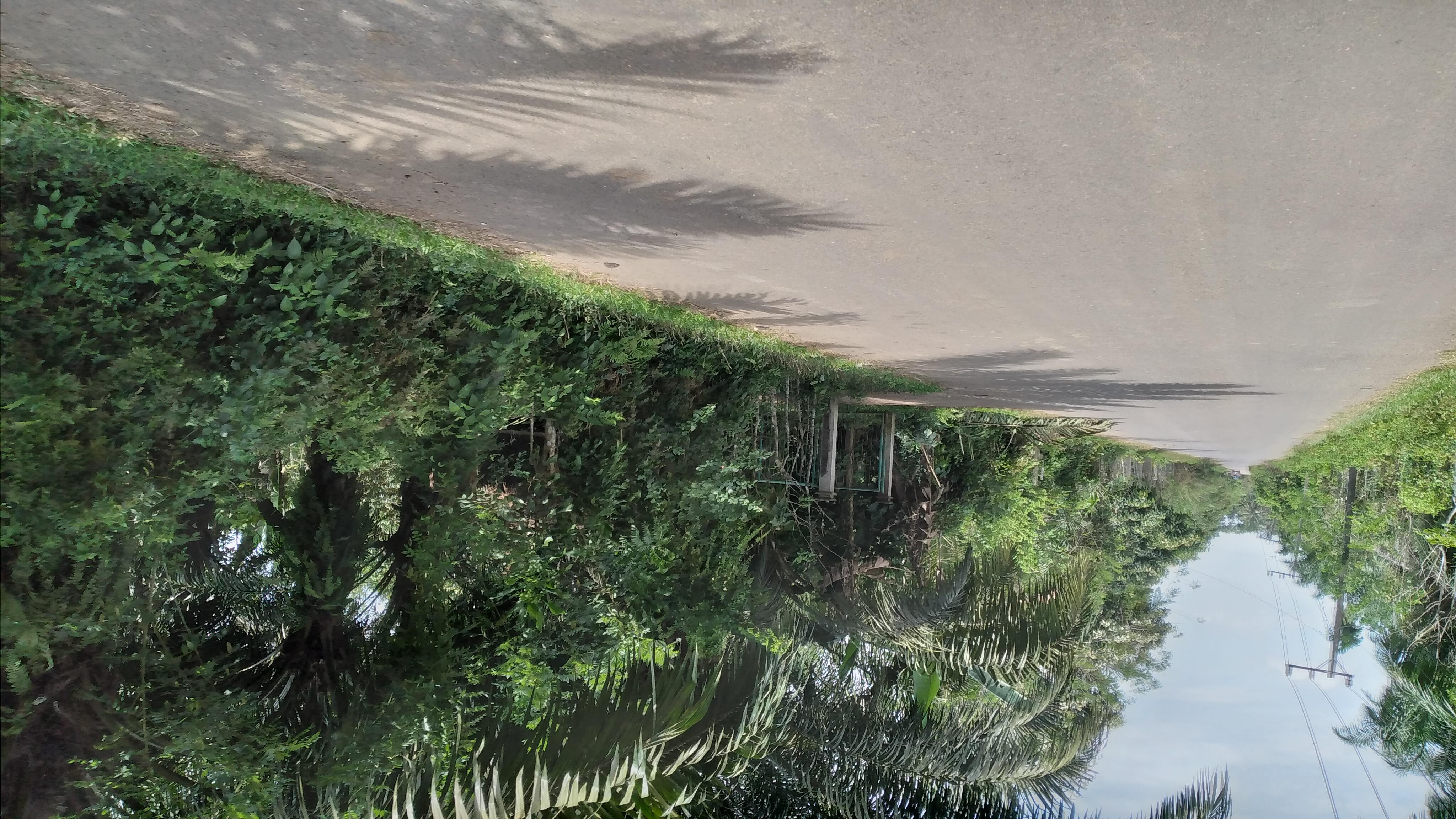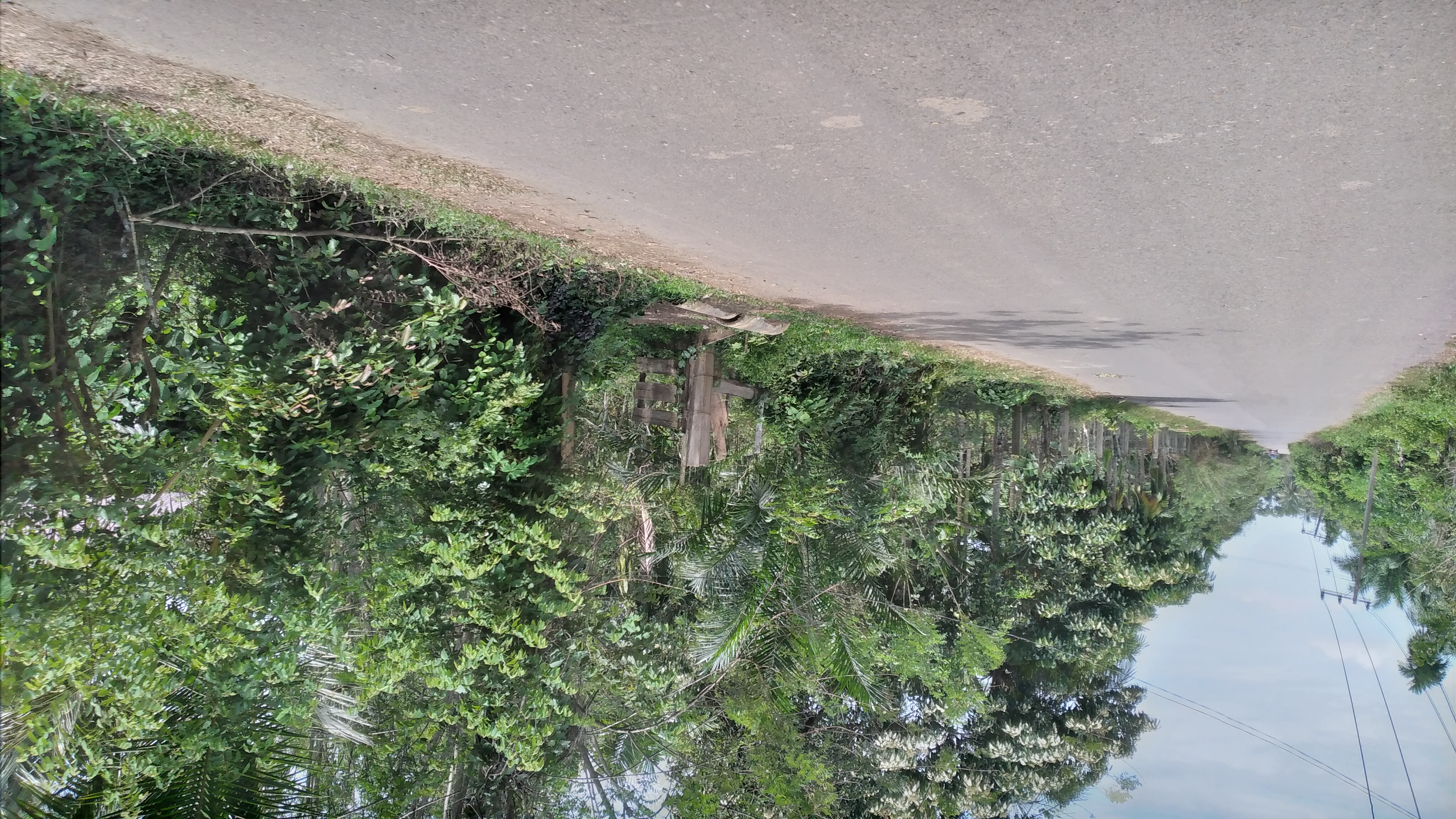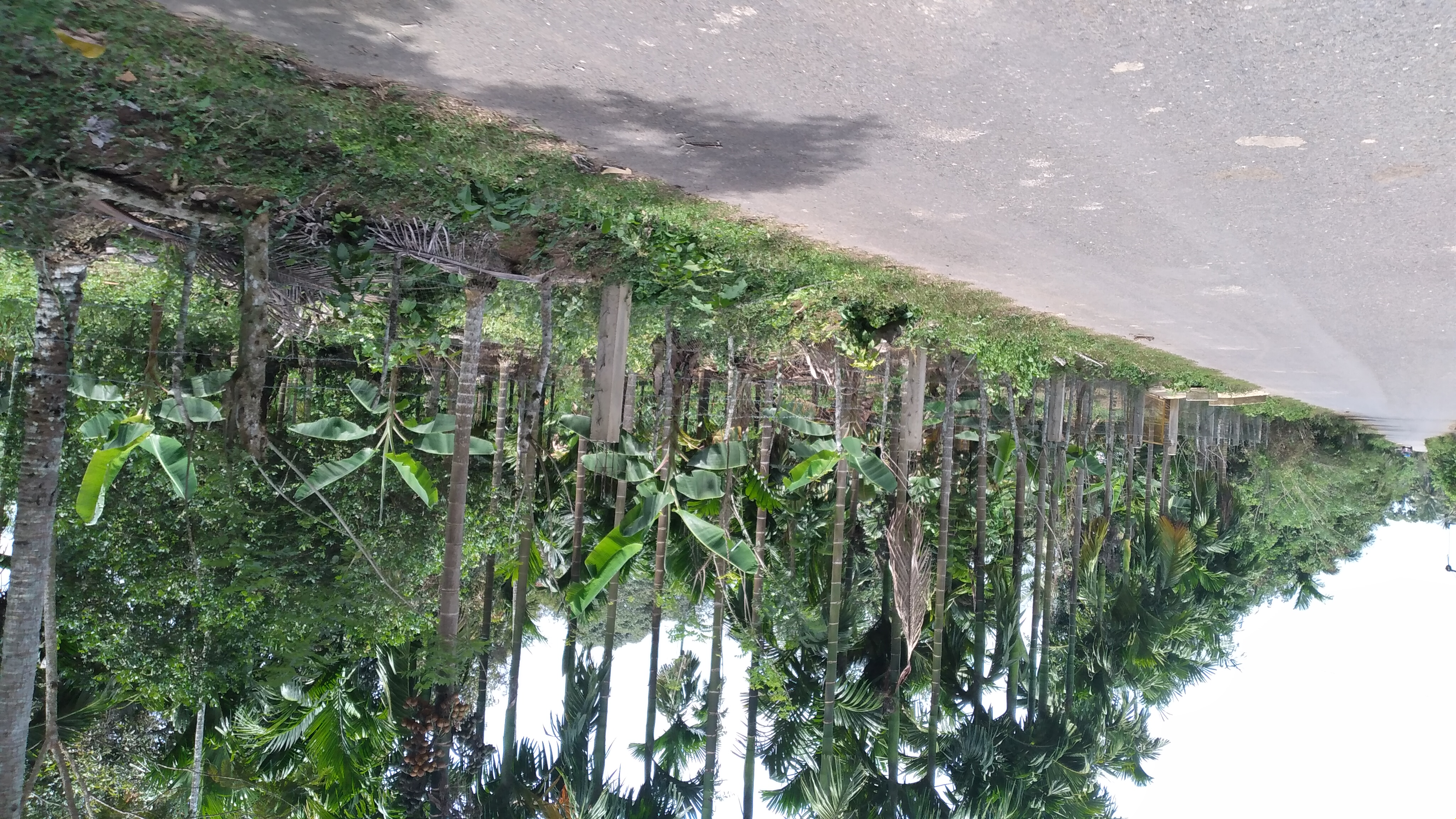planting palm trees is a long-term investment for our family
Indonesia is an agricultural country. Most of the population of this equatorial country works in the agricultural and plantation sectors. The combination of conditions and geographical location of Indonesia makes this country the right place to grow crops. Of the various agricultural and plantation products, palm oil has succeeded in bringing Indonesia to first place in producing this commodity.
Not only does it have an impact on the economic sector, oil palm plantations also encourage the development of social and environmental aspects in Indonesia. As the main commodity for national plantations, this industry opens up extensive employment opportunities, especially for people in areas around plantations and from other regions in Indonesia. From an environmental perspective, Indonesia has implemented ISPO (Indonesia sustainable palm oil). This effort is the government's effort to ensure the sustainability of palm oil management so that it is not haphazard. Management applies the 3P principle, namely profit, people and planet.
Managing palm oil potential
The huge potential of oil palm plantations makes the government feel the need to form a fund management body for the development of this sector. The Palm Oil Plantation Fund Management Agency (BPDPKS) is a non-echelon unit under the Ministry of Finance that manages oil palm plantation funds and is responsible to the Minister of Finance. The implementation of this organization's duties follows the policies set by the steering committee which are in accordance with government programs. The steering committee consists of eight ministries, namely the Coordinating Ministry for Economic Affairs (Chair), Ministry of Finance, Ministry of Agriculture, Ministry of Industry, Ministry of Trade, Ministry of Energy and Mineral Resources, Ministry of State-Owned Enterprises, and Ministry of National Development Planning/Development Planning Agency National.
The legal basis for the formation of this organization as a public service agency is stipulated in the Regulation of the Minister of Finance of the Republic of Indonesia number 113/PMK.01/2015 dated 10 June 2015. BPDKS exists as a form of implementing the mandate of article 93 of Law Number 39 of 2014 concerning plantations. His role is to collect funds from plantation business actors or CPO supporting funds (CSF) which are used for sustainable palm oil development programs. The service rates charged consist of plantation fund levy rates for exports of palm oil, crude palm oil (CPO), and/or derivative products as well as contribution rates for oil palm plantation business actors.
This institution which plays a role in managing palm oil funds applies the principle "from palm oil to palm oil". In 2022, BPDKS is estimated to be able to collect funds from palm oil export levies amounting to IDR 34.5 trillion. The return on managed funds in 2022 was recorded at IDR 800 billion which was used to run the program, including support for the mandatory biodiesel program, rejuvenation of smallholder oil palms, provision of palm oil facilities and infrastructure, research and development, palm oil human resource (HR) development. “The palm oil sector in Indonesia involves 2.4 million independent farmers and 16 million workers. "The palm oil industry has contributed to government revenues, profits for companies, employment, and increased income for small farmers." said Eddy Abdurrachman, Director of BPDKS, in the official BPDKS release published in December 2022.
